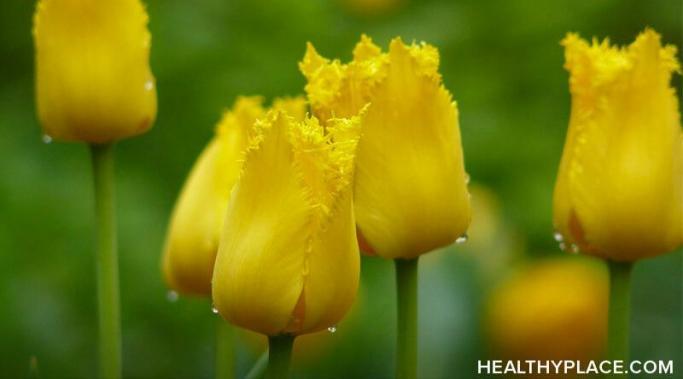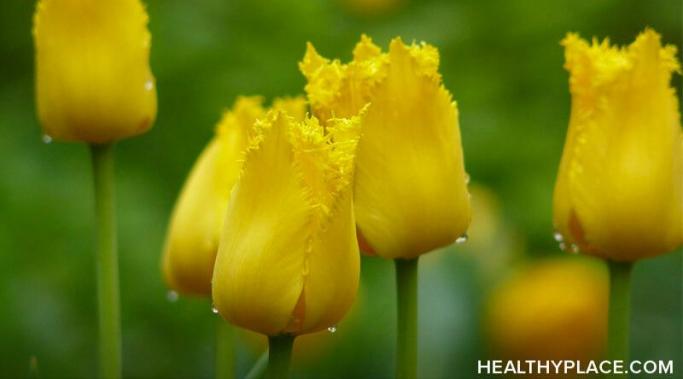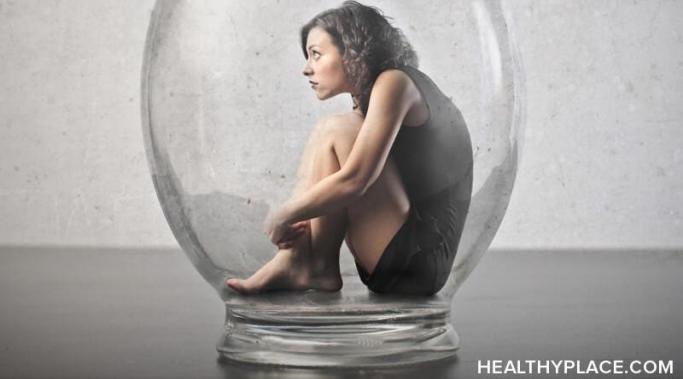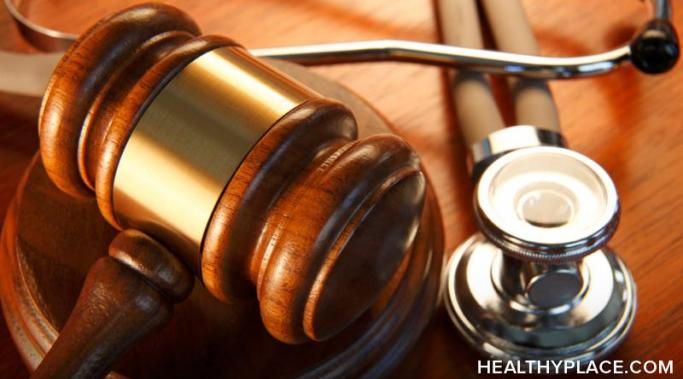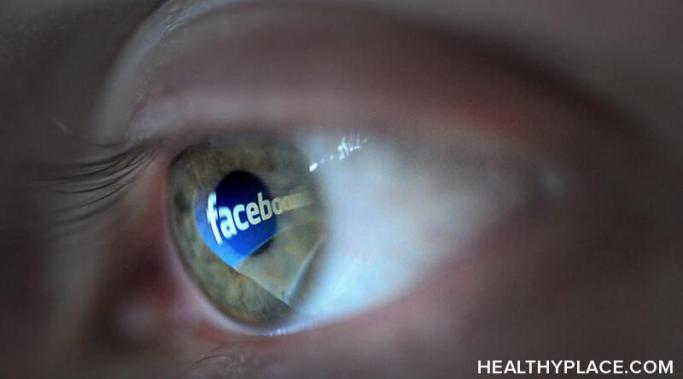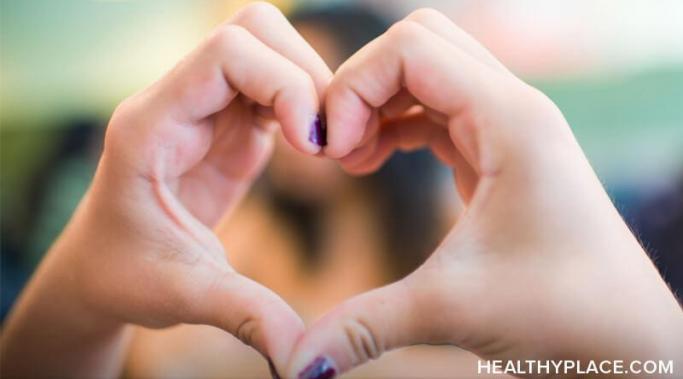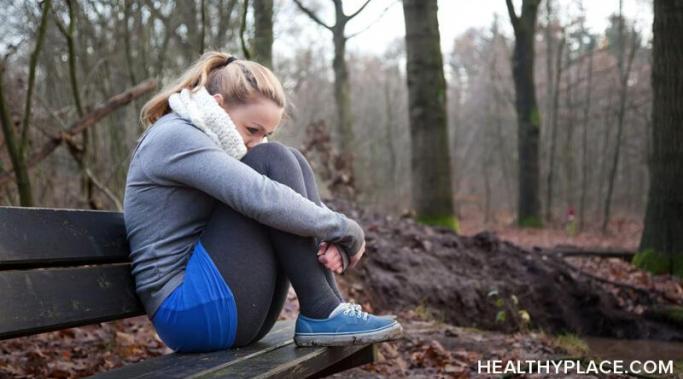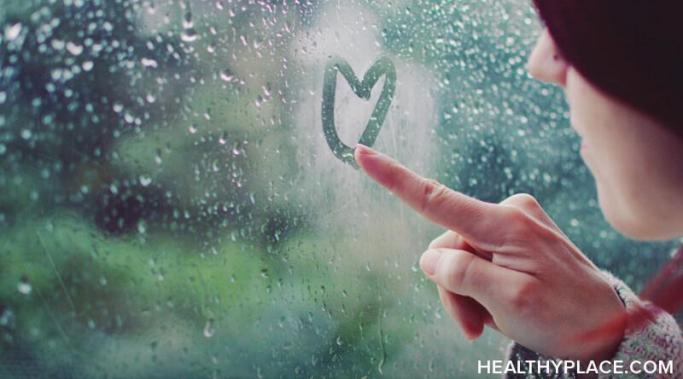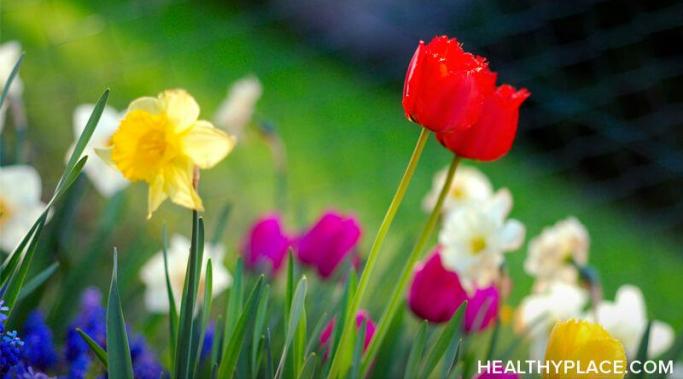Saying goodbye is not something I enjoy. It is something I typically avoid. Writing a goodbye letter to a space that gave me a voice makes me feel gutted and afraid. One of my favorite writers says, "People and opportunities come into our lives for a reason, a season, or a lifetime." Writing "Debunking Addiction" happened during a season when I didn't have adequate support on my sobriety journey. I needed a space to openly and honestly communicate my experiences as an alcohol-free human living in an alcohol-obsessed culture.
Stigma - Debunking Addiction
Foreboding joy is a concept I discovered recently. In her latest book, "Atlas of the Heart," Brene Brown describes 87 emotions that humans experience. While I could recognize and identify times when I felt most of the feelings she listed, foreboding joy was difficult to understand. Why do I run away and catastrophize when things are going well?
Depression and alcohol have always been interconnected throughout my life. I always felt that I avoided dealing with my mental health issues because it would end the illusion that I was a heavy drinker but not an alcoholic. In addition to questioning whether I was an alcoholic, another subject arose -- Is drinking every day causing my depression, or is my depression the driving force behind it all?
Have you ever wondered about repeat offenders? It is not uncommon to hear about folks who get in legal trouble for using drugs or alcohol, and instead of remaining sober, they go back out and use again. It is difficult to understand how someone can keep engaging in the same behavior after losing everything. Repeat offenders are often called selfish and ungrateful. But what if the opposite is true? What if repeat offenders need compassion just like everyone else?
I'm coping with grief in sobriety. Years before I got sober, I sat in church basements and listened to folks talk about the pink cloud. They claimed that by removing alcohol and other substances from their lives, they suddenly viewed the world through rose-colored glasses. The pink cloud of sobriety is supposed to feel euphoric and sparkly. But for me, the opposite was true. If anything, sobriety has been a grief journey accompanied by a rollercoaster of intense emotions.
Social media addiction is real. The definition of addiction is a complex psycho-physiological process manifested in any behavior in which a person finds pleasure and relief and therefore craves but suffers consequences without being able to give it up. Typically, addiction is associated with drugs, gambling, or shopping. But recently, after years of scrolling Instagram before getting out of bed, I couldn't help but wonder how many other people do the same thing. How many of us meet the criteria for social media addiction?
For most people practicing an alcohol-free lifestyle, there will eventually be an alcohol-centered party or event worth attending. Concerts, weddings, and holiday gatherings can be tricky, but not impossible, to navigate as a sober person. One thing that has helped me stay alcohol-free on a boozy night out is to redefine success.
According to Dr. Gabor Mate, underneath all addictive behaviors lies a deep, unresolved trauma wound.[1] One thing that helped me start releasing the shame I carry for struggling with addiction was learning about the two types of trauma: "big T" and "little t" trauma. Big T trauma is related to an acute, severe event like sexual assault or going to war. While little t trauma accumulates over time in response to things like active shooter drills or a childhood steeped in diet culture.[2] These two types of trauma are important to understand.
Two weeks ago, I embarked on a massive life change in sobriety. Moving away from the town where I got sober to begin a new chapter flipped my world upside down. I had to face my fear of change and part ways with the people, places, and things that kept me grounded for three years. My comfort zone was demolished, forcing me to start afresh.
Someone recently asked me what fun things I have planned for the summer. Surprisingly, that felt like a loaded, triggering question. As a sober person who doesn't have a driver's license or disposable income, I get jealous and resentful when people talk about their vacation plans. The fear of missing out (FOMO) surfaces, and I feel excluded from that version of fun.
